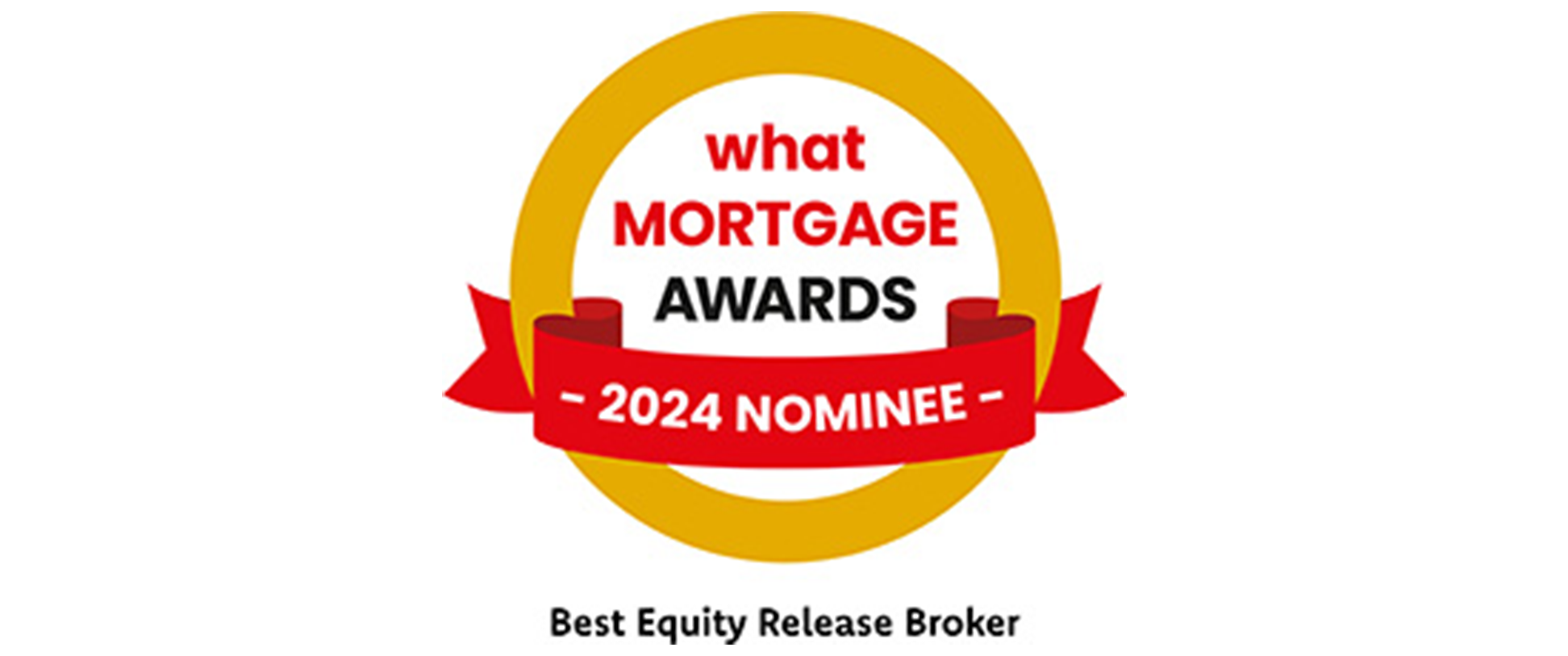Call us today
How much could you borrow?
Our property value guide will help you understand how much you may be able to borrow.
Calculator
We operate to the highest standards and will always explore other financial options available first before proceeding with an equity release plan. We will only arrange a mortgage if we are completely happy that it meets your best interests. If it’s not suitable for you, we will say so.
To be eligible for equity release through a Home Reversion scheme:
You (and your partner, where relevant) must be aged 65 or over.
You must own (or be buying) your own home.
No, there are no interest payments on the money you receive from a Home Reversion scheme – you sell a proportion of your home for a tax-free lump sum or monthly income.
We endeavour to work with lenders who are approved by the Equity Release Council. Where this is not possible, we will advise you accordingly.
The inheritance available to your beneficiaries links directly to the percentage of the equity sold. Therefore, if you sold a 50% share of your home, the reversion company receives 50% of the proceeds when it’s sold, with the remaining 50% available for your beneficiaries.
Yes. However, there will be stipulations about the property you move to. For example, it must be of similar value and an acceptable construction type for the lender to approve it.
Yes. However, it is important to understand that when you buy back the percentage you had originally sold, you will have to pay the current market value. Depending on the property market at that time, this could be more or less than you sold the equity for.
It is much more common for the Home Reversion loan to be repaid when the property is sold.
You are responsible for all ongoing maintenance and upkeep of your home, as well as insuring it. This is because the lender gives you the right to live in the property rent-free.
Our property value guide will help you understand how much you may be able to borrow.
Calculator








55Plus is a trading name of Mortgage Salad Ltd which is authorised and regulated by the Financial Conduct Authority and is entered on the Financial Services Register under reference 566220.
We charge a fee for equity release advice. The precise amount depends upon your circumstances. The maximum fee will be £1,495 payable on completion. We will also be paid commission from the company that lends you money or buys your home.
Registered office: 12 Trinity Close, Tunbridge Wells, TN2 3QP.Registered in England and Wales No. 5941708